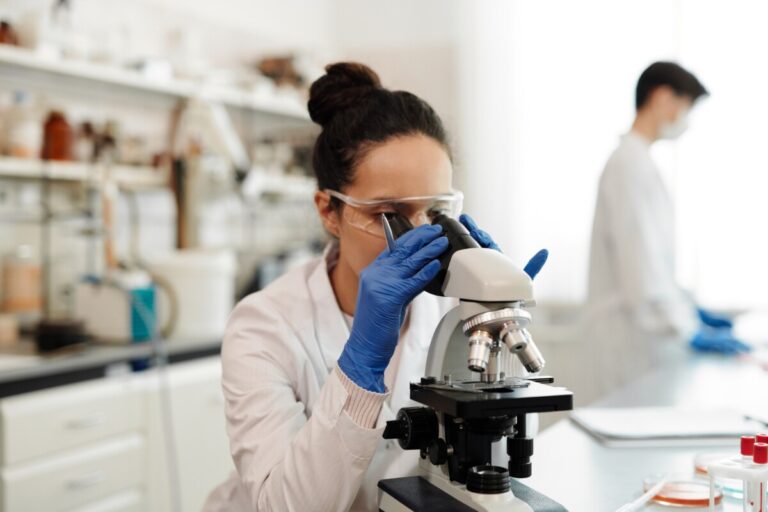2025’s global Longitude Prize to focus on ALS

The 2025 instalment of the Longitude Prize will focus on ALS and launch in the spring, Challenge Works has announced.
It follows the Longitude Prize on AMR, that announced a winner this year, and the Longitude Prize on Dementia, that will announce a winner in 2026, with five finalists still in the running.
The new multi-million-pound prize will be principally funded by the Motor Neurone Disease Association and others including Nesta, Alan Davidson Foundation, My Name’5 Doddie Foundation and LifeArc. It will incentivise the use of AI and machine-learning approaches to transform drug discovery for the treatment of ALS, a form of motor neurone disease (MND), opening the door for new treatments across other neurodegenerative diseases.
Advertisement
The total value of the prize pot and full details of how to enter will be announced at launch.
As with the previous two Longitude Prizes, the work has been supported by the Longitude Prize Committee, including Dame Wendy Hall, Professor of Computer Science at the University of Southampton and Lord Martin Rees, Astronomer Royal. The launch of the new prize will also see Tanya Curry, Chief Executive of the MND Association join the committee.
Tris Dyson, Managing Director at Challenge Works who was diagnosed with MND last year said:
“ALS is a highly complex disease for which there are no effective treatments. The great promise is that AI can now handle this complexity. That’s why we predict that ALS shall be the first disease to become treatable due to AI. This prize is a rallying call for AI and ALS experts everywhere.
“We’re excited to be announcing this third modern Longitude Prize and look forward to sharing more details on the prize in the new year.”
Tanya Curry, Chief Executive at the MND Association said:
“The Longitude Prize is an innovative approach which has the potential to be transformative for motor neurone disease research. We are investing as the principal funder, confident that the prize will bring exciting new technologies and create unique collaborations, to accelerate the search for effective treatments for this brutal disease.”




